Growing a garden from seed is a rewarding endeavor, but not every plant is suited for this approach. Some crops are notoriously slow to germinate, prone to disease, or simply take far too long to yield a harvest. Gardeners often find that investing in transplants or starter plants can save time, frustration, and sometimes money. Choosing the right method for each plant ensures a more productive and enjoyable garden. Here are 12 plants experts often advise against starting from seed.
1. Celery
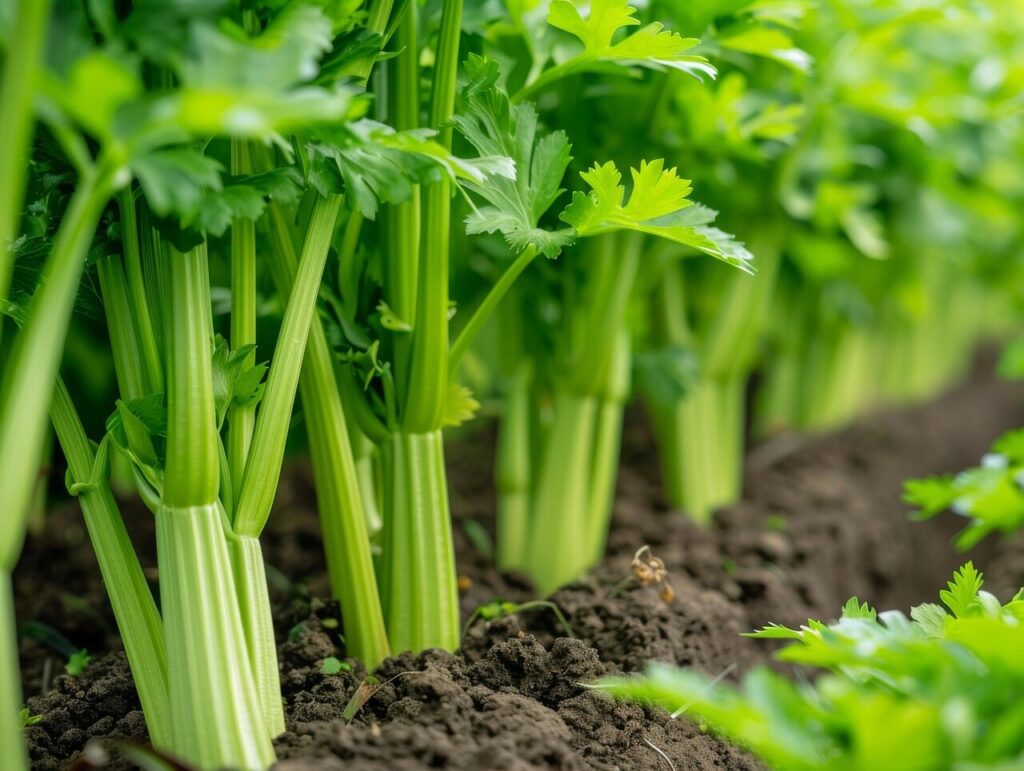
Celery is a plant that demands a long growing season and very specific conditions to germinate. Seeds are tiny and slow to sprout, sometimes taking two to three weeks just to appear. Even then, seedlings are delicate and require constant attention to moisture and temperature. Many gardeners find it far easier to buy nursery-grown transplants that are already a few inches tall, saving months of careful nurturing. Starting with plants ensures a much higher success rate.
2. Onions
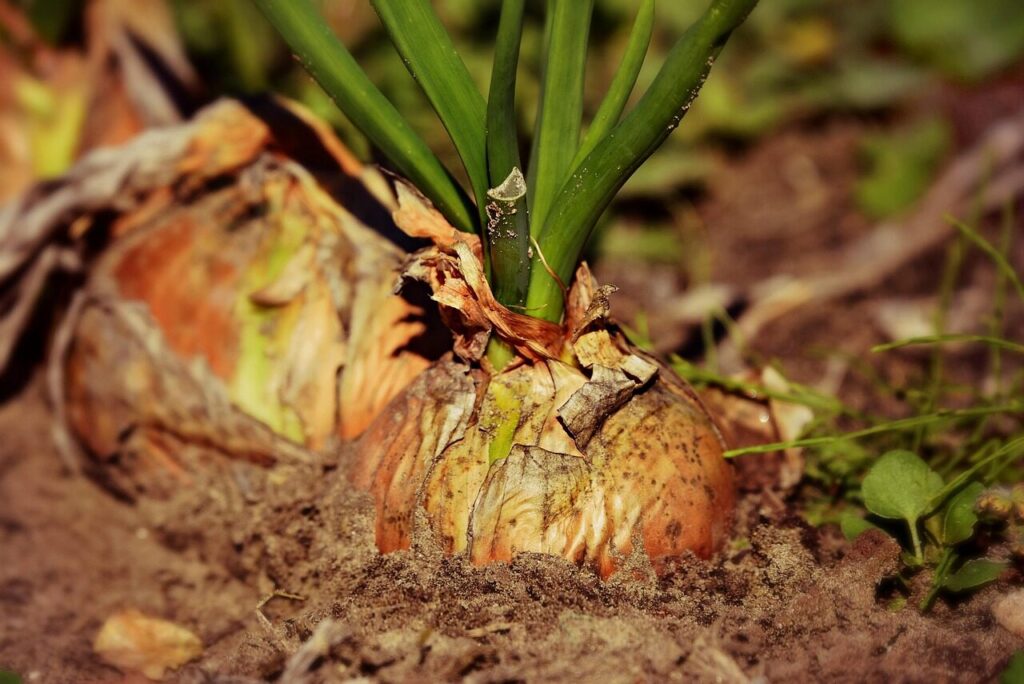
Onions are notoriously tricky from seed, with some varieties taking several months before they are ready to transplant. Seedlings are fragile and susceptible to damping-off disease, which can wipe out an entire tray in days. Many gardeners prefer onion sets or small starter plants that have already passed the vulnerable early stage. Using sets drastically shortens the time to harvest and increases the likelihood of healthy, strong onions ready for the garden.
3. Leeks
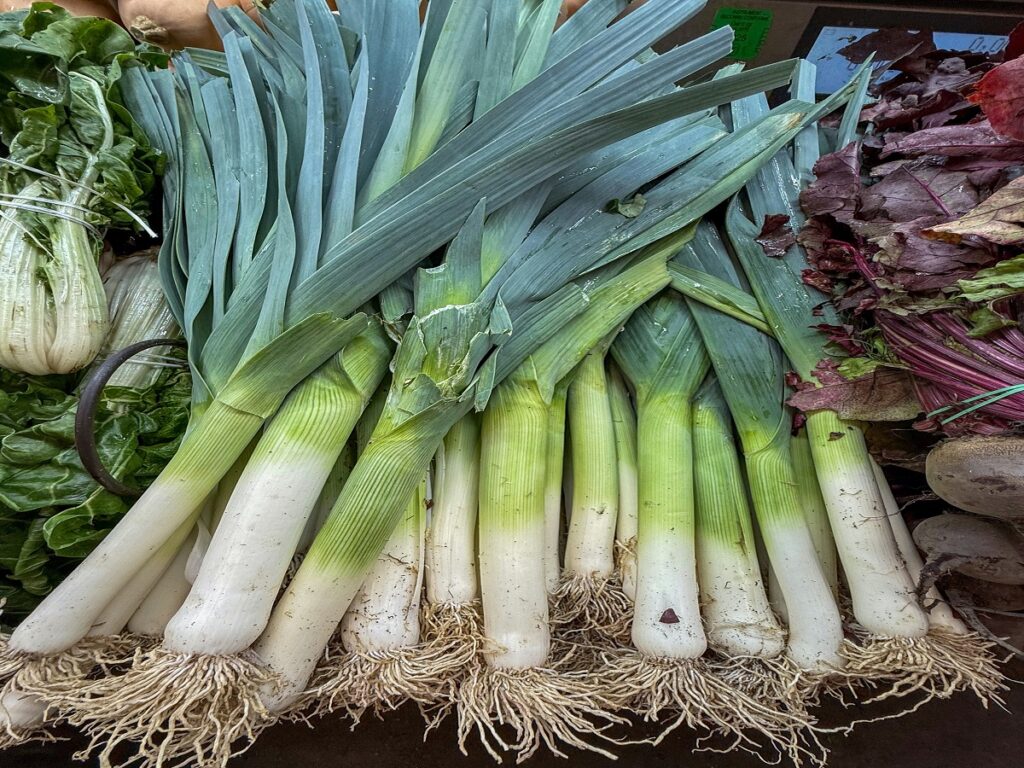
Leeks share many of the challenges of onions, including a long germination period and slow early growth. Seeds can be slow to sprout, and seedlings require careful thinning to prevent overcrowding. Additionally, leeks need a long growing season, often necessitating early indoor sowing. For gardeners looking to save effort and time, purchasing young leeks from a nursery is a far more practical choice, allowing the plants to mature quickly without the delicate early-stage care.
4. Parsnips
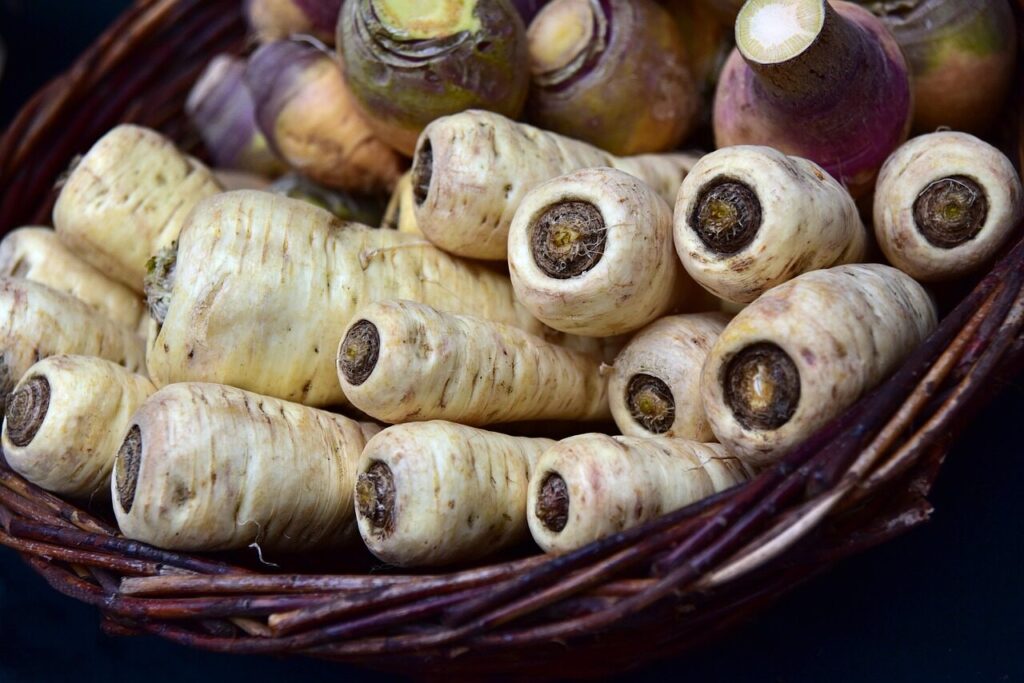
Parsnips are infamous for their poor seed germination and long growth cycle. Seeds can take up to three weeks to sprout, and young seedlings are vulnerable to pests and harsh weather. Transplanting is challenging because parsnips do not like root disturbance, making them a high-risk seed-start. For most gardeners, direct sowing in prepared soil during early spring is recommended, rather than attempting indoor germination. The effort often outweighs the reward when grown from seed indoors.
5. Corn
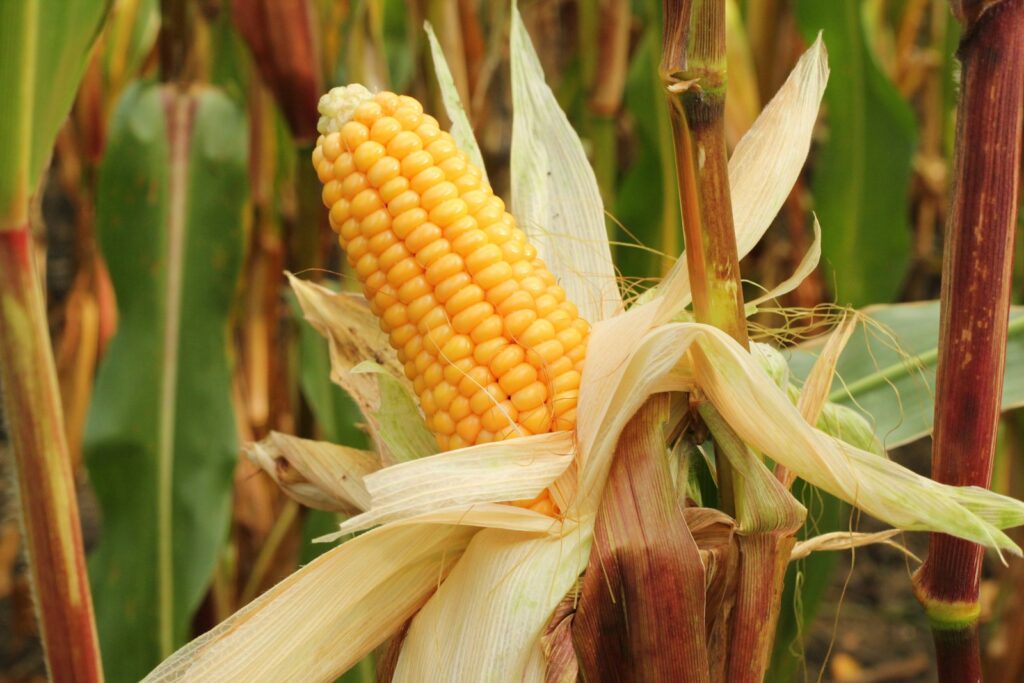
Corn grows best when planted directly in the soil, as it doesn’t respond well to transplanting. Seedlings are delicate, and their roots can be easily disturbed, slowing growth or causing failure. Additionally, corn requires warm soil temperatures to germinate effectively, and indoor sowing can be unreliable. Gardeners often find that planting seeds directly outdoors once frost has passed yields stronger, more productive plants than trying to nurture fragile seedlings inside under artificial conditions.
6. Cucumbers
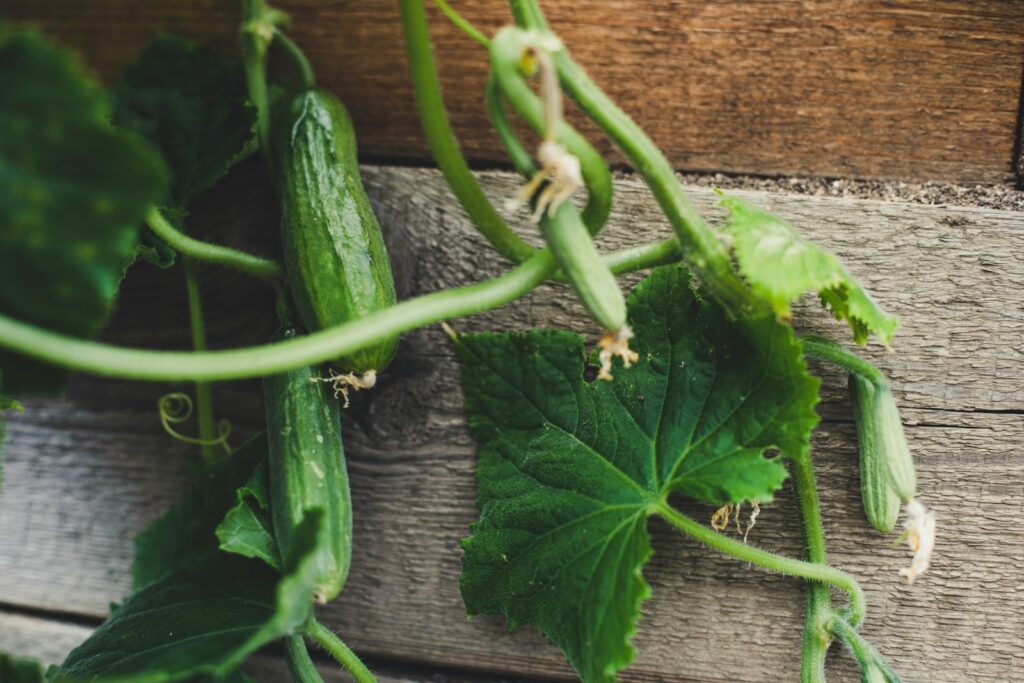
Cucumber seeds are fairly easy to start indoors, but many gardeners find it more practical to buy young plants. Cucumbers are sensitive to root disturbance, and seedlings can easily wilt or slow in growth during transplanting. Starting with healthy transplants saves time and reduces stress on the plants. Additionally, cucumbers grow quickly once in the garden, meaning that waiting for seeds to germinate indoors may delay fruit production. Experienced growers often prefer buying small plants instead.
7. Pumpkins
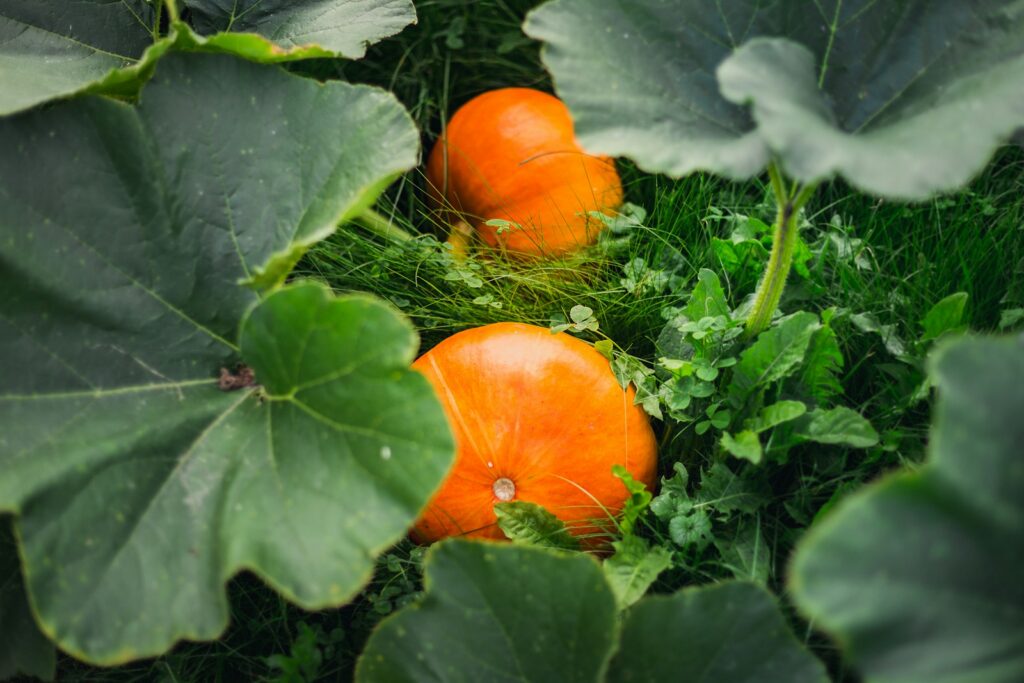
Pumpkins require warm soil and a lot of space, making them challenging to start indoors. Seedlings can suffer from root shock if transplanted too early or too deeply. Their rapid growth once planted means that any delay in transplanting can stunt the overall harvest. Many gardeners find success by sowing seeds directly in the prepared garden soil, bypassing the need for indoor germination. This method ensures stronger, healthier plants and reduces the risk of the fragile seedling stage becoming a point of failure.
8. Melons
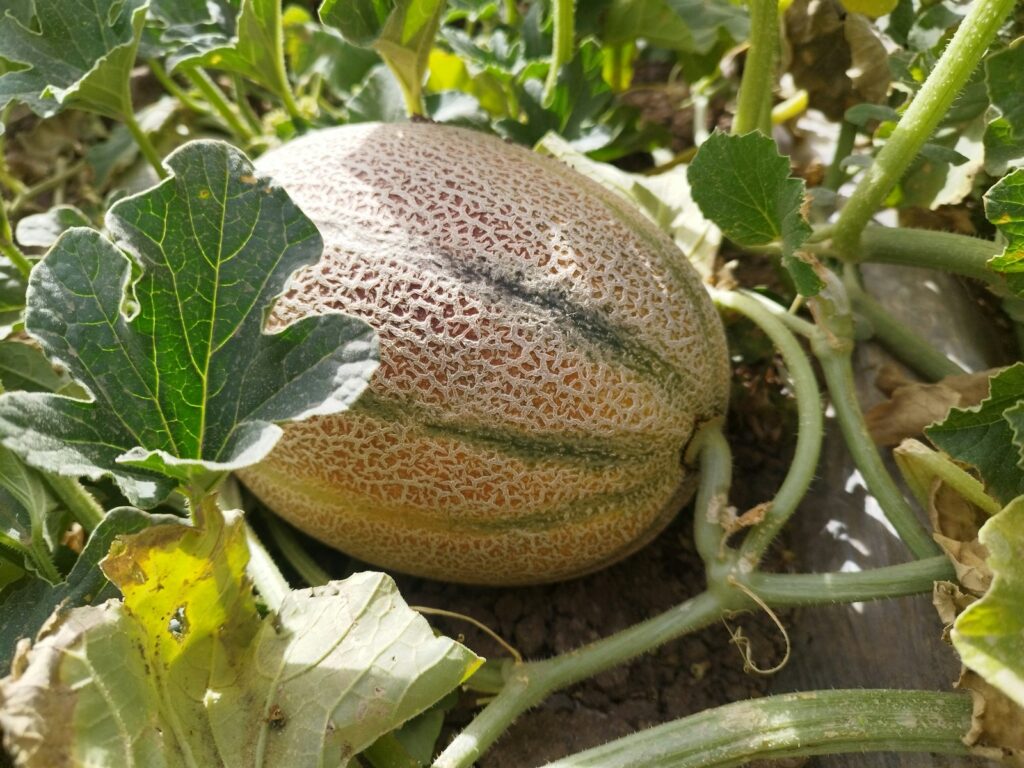
Melons, including cantaloupes and honeydews, have fragile root systems and can be slow to establish when started indoors. Seedlings often struggle with transplant shock, and delayed planting can shorten the growing season, affecting fruit quality. Many gardeners choose to plant melon seeds directly in warm soil to avoid these issues. By allowing seeds to germinate in ideal outdoor conditions, melons develop more robust roots and grow faster, ultimately producing better-tasting, more abundant fruit.
9. Sweet Potatoes
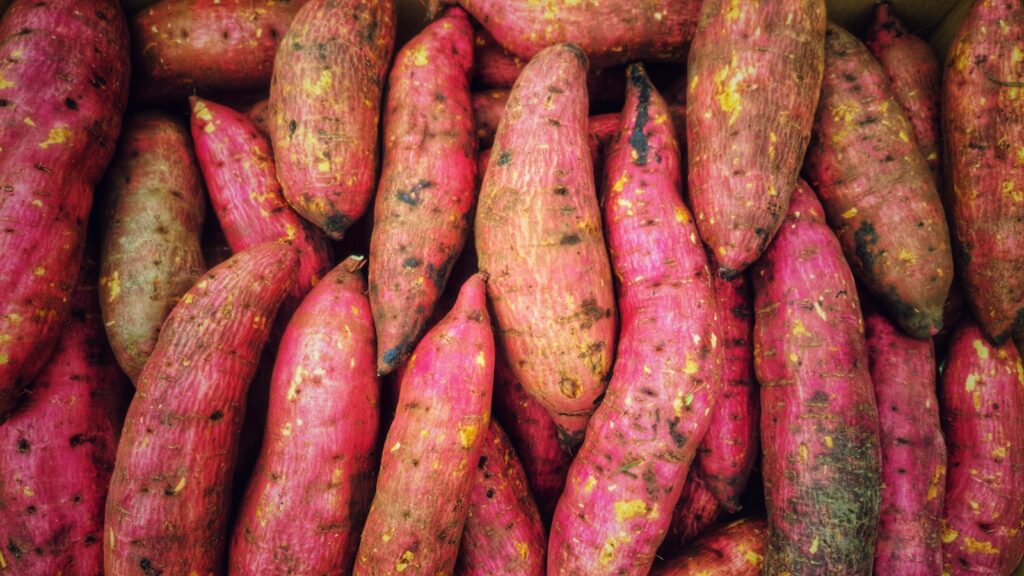
Sweet potatoes are rarely grown from seed because they produce slips, not traditional seedlings. Starting from seed is complicated and unreliable, often requiring months of preparation. Most gardeners propagate sweet potatoes by planting slips taken from mature roots. This method guarantees a higher success rate and reduces the risk of failure compared with seeds. Using slips allows gardeners to bypass the slow germination process and quickly establish healthy, productive plants that thrive throughout the growing season.
10. Peas
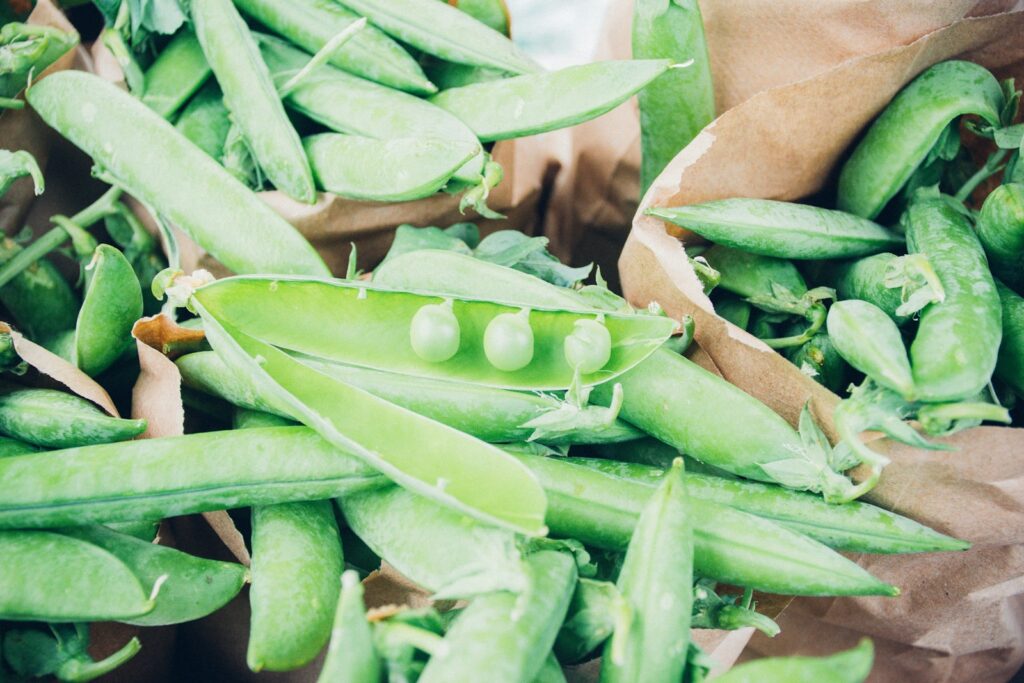
Peas are easy to sow directly outdoors, but starting them indoors is often unnecessary and inefficient. Seeds are prone to damping-off disease in pots, and seedlings may be weaker after transplanting. Direct sowing in early spring ensures rapid germination in cool soil, leading to stronger, more resilient plants. Gardeners also save space indoors and avoid the extra work of transplanting. By planting peas directly in the garden, the crop establishes quickly and produces abundant pods with far less effort.
11. Beans
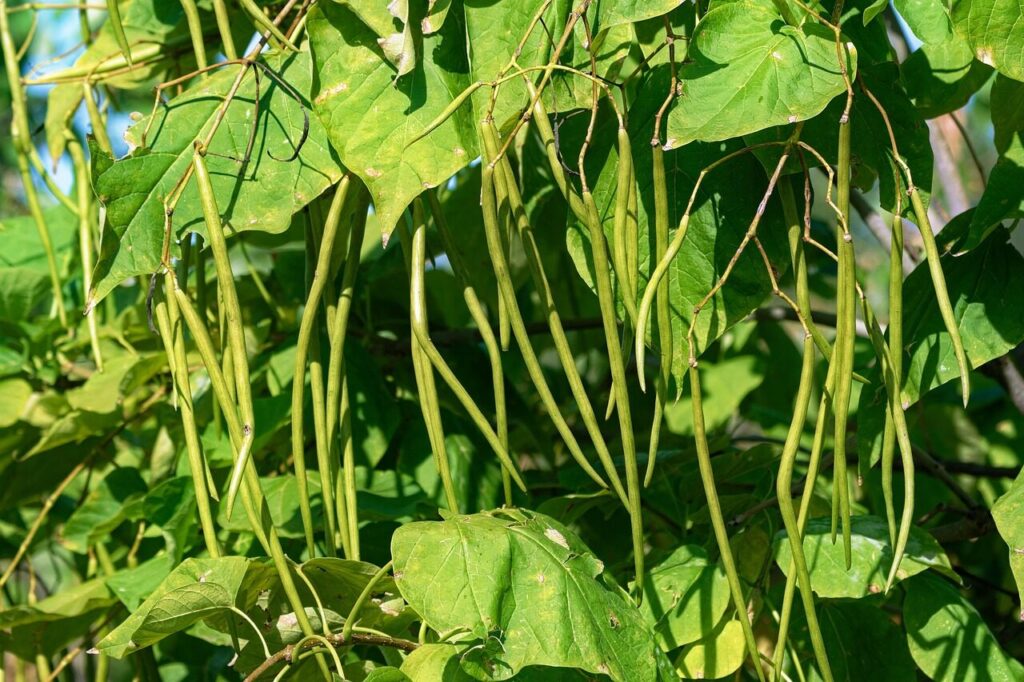
Beans, including both bush and pole varieties, are extremely sensitive to root disturbance. Seedlings rarely transplant well, and germination indoors is often slower than in warm, moist soil outdoors. Gardeners usually recommend sowing beans directly where they will grow, ensuring healthy roots and faster development. Direct sowing also reduces the risk of disease and pest issues that young seedlings face. This simple approach leads to more productive plants and a higher yield with minimal extra effort.
12. Potatoes
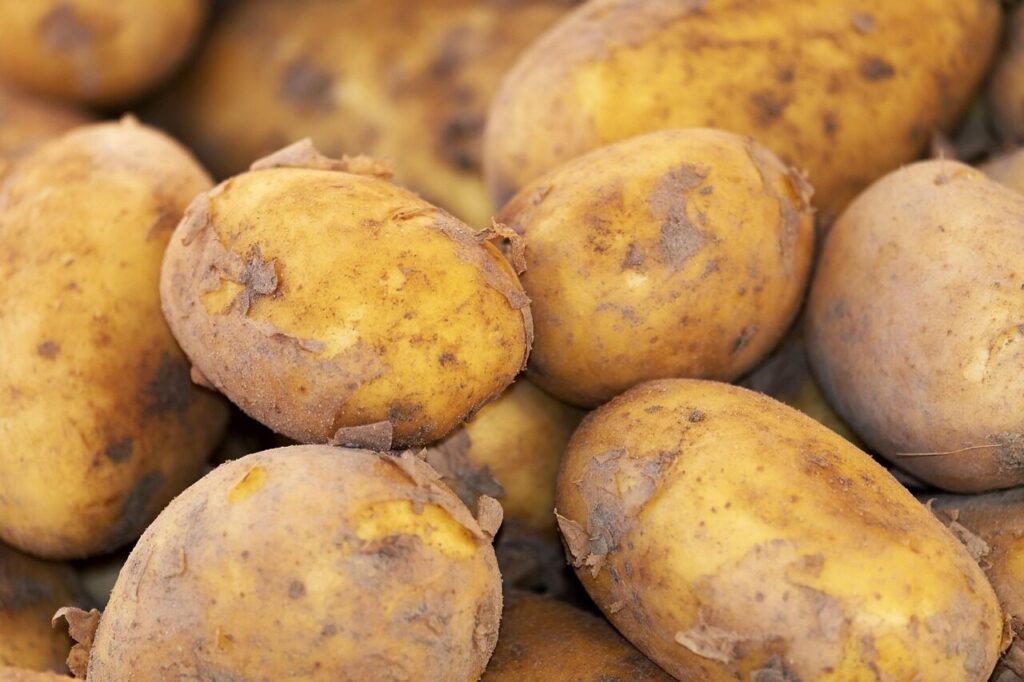
Potatoes are propagated through seed tubers rather than traditional seeds. Growing from true seeds is time-consuming and unpredictable, often resulting in low germination rates. Most gardeners purchase certified seed potatoes or small tubers for planting, which ensures robust growth and a reliable harvest. This method also allows for earlier planting and avoids the complexity of nurturing seedlings that are prone to disease. Using tubers is a practical shortcut that saves time and maximizes yield.
Comments